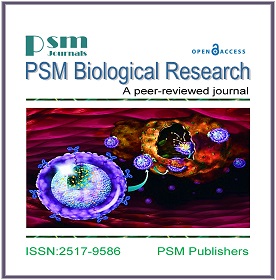Plants as Antidiabetic Agents: Traditional Knowledge to Pharmacological Validation
Keywords:
Antidiabetic medicinal plants; traditional knowledge; pharmacological validation.Abstract
Diabetes is the most devastating and serious of all metabolic diseases. The available natural remedies are considered as a valuable source of therapeutic agents. A scientific validation of the reported antidiabetic plants on the basis of their traditional use may pave the way for the development of novel and effective antidiabetic drugs. Such approaches are the necessity of the day because the available medicines are insufficient to manage all the consequences of diabetes, and the economic problems and a shortage of current therapies in most developing countries. This review comprises information about antidiabetic medicinal plants of Pakistan with respect to traditional knowledge. The article also includes the in-vitro or in-vivo potential, toxicity, mode of action, and perspective for future research. This effort may serve as a leading point for the formulation of novel herbal mixtures, development of antidiabetic drugs or their precursors.




